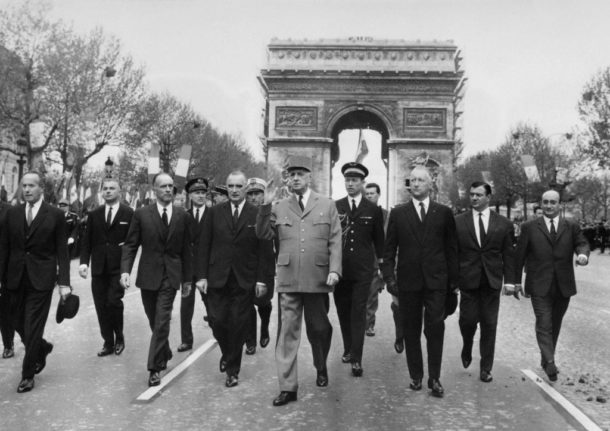When you think “frogs’ legs,” there’s one word that comes to mind immediately for most people – the French.
But a team of archaeologists near Stonehenge have made a head-scratching discovery that may give you pause next time you think about using the old cliché about the French and their penchant for amphibian limbs.
The Mesolithic British ate them first – thousands of years before the French, in fact, the Guardian reported on Tuesday.
After discovering burnt animal bones at the Blick Mead dig site in Wiltshire in April, a team of archaeologists led by David Jacques sent the remains for testing at the Natural History Museum.
The results were surprising. It turned out what they had dug up were toad bones, and their former owner had been cooked and eaten by whoever lived at the site, between 7,596 and 6,250 B.C.
“We were completely taken aback. [The inhabitants] were eating everything that moved, but we weren’t expecting frogs’ legs as a starter,” said Jacques, a senior research fellow at the University of Buckingham.
“They would have definitely eaten the leg because it would have been quite big and juicy,” he added, calling them “the Mesolithic equivalent of fast food.”
Back in March, The Local reported another unexpected feature of amphibian gastronomy. Contrary to what most visitors to elegant Paris brasseries might think, the vast majority of ‘cuisses de grenouilles,’ originate in the swamps of Indonesia.
And a dead Mediterranean tree frog – with all its limbs intact – shocked one diner in northern France in February by peeking out from behind lettuce leaves in her salad at a local restaurant.
Here is the culprit, appearing “on the menu,” so to speak. (Click on the photo to read the full story.)
Don't miss a story about France – Join us on Facebook and Twitter




 Please whitelist us to continue reading.
Please whitelist us to continue reading.
Member comments